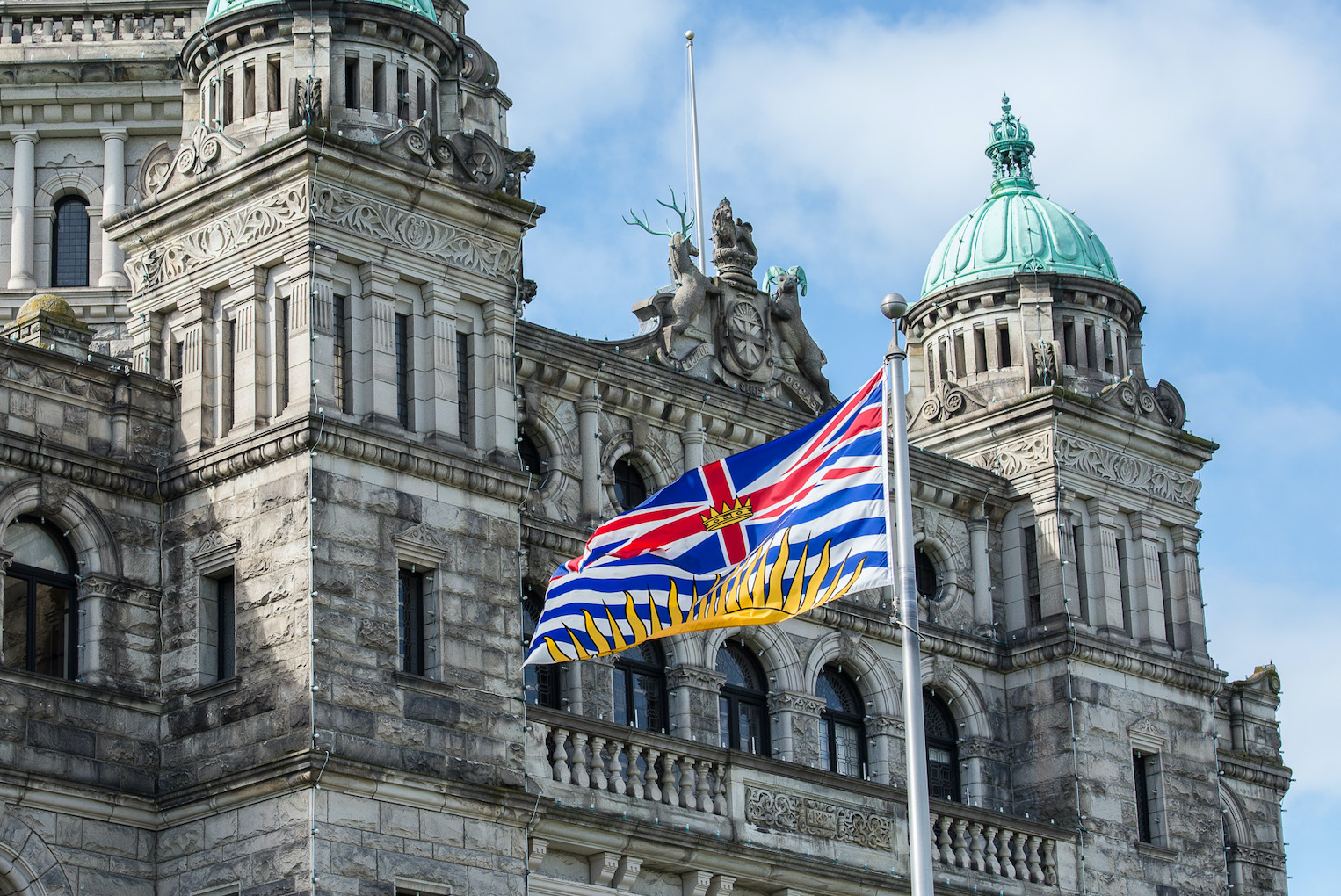Written by Nikki Hill and Adam Johnson on October 13, 2020 for our series Earnscliffe BC Election Insights.
Tonight is the one and only televised debate between the three party leaders: Sonia Furstenau, John Horgan, and Andrew Wilkinson. It will give voters a chance to see first-hand how the three present themselves, share ideas and how they react to their opponents.
The BC NDP, BC Liberals and BC Greens have all put out a lot of policies and promises. Platforms are designed to motivate your base, attract swing voters and try to create wedge issues that negatively impact your opponents. A leaders’ debate is a continuation of this but in real time and the chance for fireworks between leaders.
However, most of the time in debates over the past 25 years, there isn’t a knock-out punch or defining moment. Leaders and their teams work on scripting and preparing many messages they want to deliver and ones they need to be ready to respond to by their opponents. This inoculates them from any big surprises or gaffes.
While the debate itself is important, in the age of digital media, a leader delivering a memorable response or zinger of a one-liner is now better than a good headline in a newspaper. Effective, well-scripted messaging allows the campaign to push out a message over social media that candidates and supporters will then help amplify. This was evident after the recent presidential debate in the United States where short video clips pushed out on social media by Joe Biden gave him more space to deliver a message than he appeared to have on stage in real time.
Safety measures will require the leaders to have physical distance from each other, which may also shift the dynamic, with no live audience or gatherings of cheering supporters prior to provide momentum.
Debates are often watched by thought-leaders and influencers, who play a large role in the post-debate narrative around who won, as subjective as it may be. Every political party comes out of a debate telling their supporters that their leader won, no matter what the result. And as voters only start to tune in toward the end of an election, the story of the performance can be as important as the event.
John Horgan is the only leader who has been in an election debate before, having faced Christy Clark and Andrew Weaver in the 2017 campaign. Both Ms. Furstenau and Mr. Wilkinson are new leaders. Mr. Horgan also is most likely the best known of the three leaders and is enjoying an extremely strong personal approval from voters. He will want to stay focused on the issues of affordability and connecting to the impact of programs on people, leading B.C. through the COVID response and reminding voters of the baggage left from the BC Liberal’s 16 years in power.
For Mr. Wilkinson, he has to build a personal rapport with people, be seen as a guy you would have over for a beer or a cup of coffee. He will want to show he understands people from across BC, and especially those in the suburbs around Vancouver. He will argue, the BC Liberals are best positioned to get B.C.’s economy going again. Mr. Wilkinson is a strong debater and faced Premier Horgan in a live televised debate in 2018 over electoral reform, which ultimately was rejected by British Columbians. So Mr. Wilkinson has had some experience debating Mr. Horgan in a similar format – one he feels he won because of the referendum result. With a broader set of issues to discuss, we can anticipate Mr. Wilkinson to be on the attack a lot and probably defense over past BC Liberal governments and his position on some issues.
For Ms. Furstenau, there will be low expectations as a brand new leader of the third party. She will be focused on introducing herself and driving targeted messages to voters who are unhappy with the BC NDP and BC Liberals. While the BC Greens won’t admit it, they will be focused on holding the few seats they currently have on Vancouver Island and staying relevant in other ridings. However, Furstenau has the potential to differentiate herself from the two other party leaders if she can bring to life the BC Green Party positioning of doing politics differently. It’s a tall order when all eyes will be on sparring between the two main party leaders and where to date she’s focused on her displeasure with the election call as a main plank.
Happy debate watching, and look for Earnscliffe’s analysis note after the debate.
